Unlocking Potential with Teletherapy
In today's interconnected world, teenagers face unique social challenges that necessitate accessible, effective support systems. Teletherapy has emerged as an innovative approach to fostering confidence and social competence in adolescents. This article explores the diverse options, methods, and programs available via telehealth to help teens develop crucial life skills, manage social anxiety, and build meaningful relationships from the comfort and safety of their homes.
Diverse Teletherapy Options for Teen Social Development
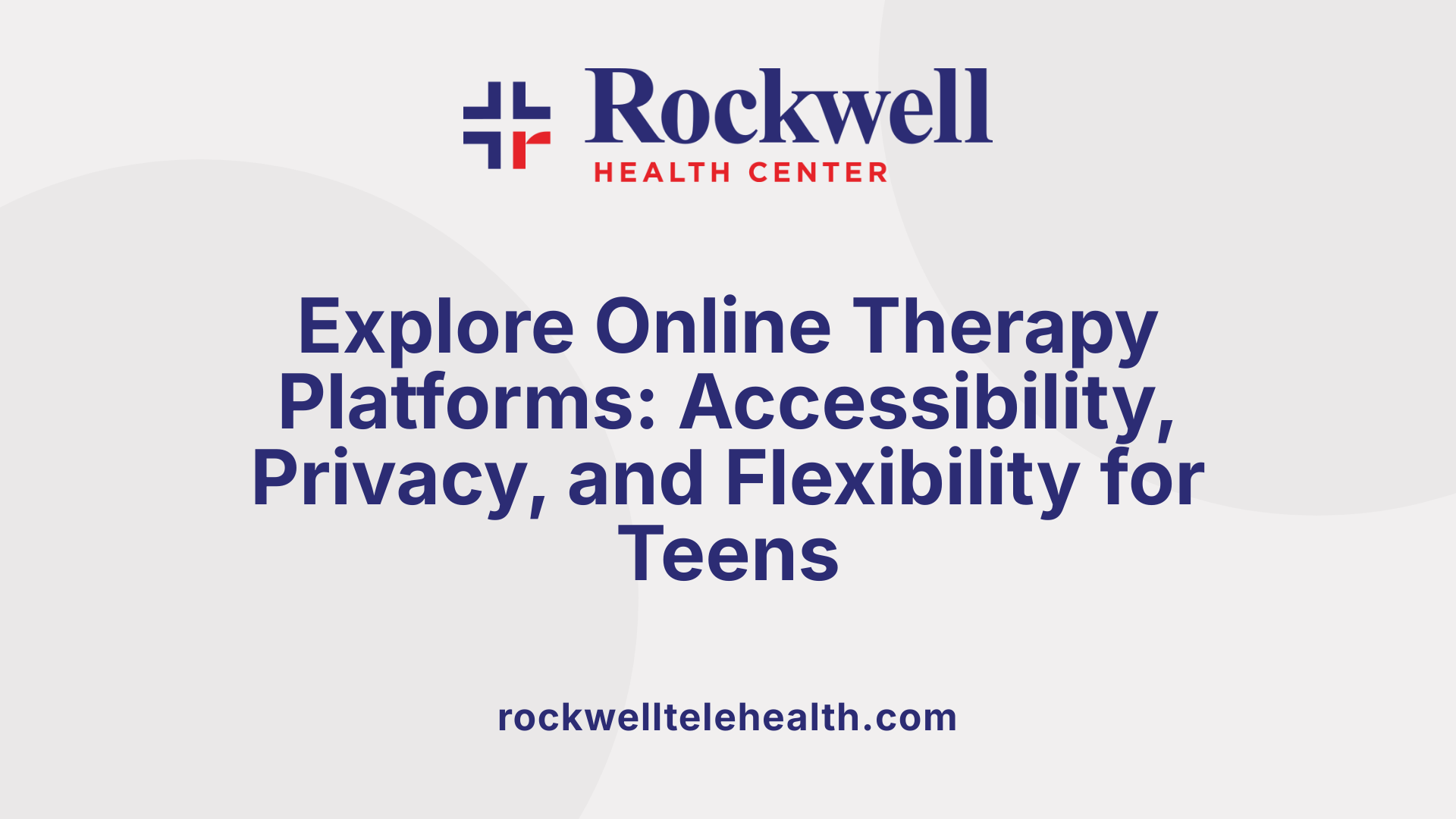
What are the options for online therapy focused on building confidence and social skills in teenagers?
Teenagers seeking to improve their social confidence can access a wide range of online therapy options tailored to their unique needs. Many platforms, such as Joon Care, Teen Counseling, and Talkspace, offer flexible, accessible sessions through video calls, phone, or messaging, providing convenience and privacy.
These services often incorporate evidence-based curricula like PEERS (Program for the Education and Enrichment of Relational Skills) to teach practical social skills. Therapists may include psychoeducation, role-playing, and social story techniques to enhance communication and confidence.
Specialized programs also cater to specific populations, including LGBTQ+ teens and those with autism or social anxiety. Thriveworks and Rula provide trauma-informed, family-inclusive therapy options that support overall social skill development in a nurturing environment.
Overall, these online options deliver personalized and effective support for teens aiming to boost their social competence and confidence, accessible from the comfort of their homes.
Are group therapy sessions or social skills groups available for teens via telehealth?
Yes, group therapy and social skills groups are increasingly available through telehealth services. Providers like Brave Health offer virtual group therapy sessions specifically designed for adolescents aged 13-17. These groups address common issues such as anxiety, depression, ADHD, and trauma using evidence-based approaches like CBT, Acceptance and Commitment Therapy (ACT), and Dialectical Behavior Therapy (DBT).
Additionally, platforms like TheraPlatform host group sessions that focus on developing social skills, including role-playing exercises, conversational practice, and peer interaction activities. These are designed to mimic real-world social situations, helping teens build confidence and social understanding.
The Child Mind Institute offers specialized social skills groups and coaching tailored for teens and young adults. Their programs typically involve watching videos, group discussions, and practicing communication strategies in a safe, virtual space. This combination of engaging activities aims to foster peer connections and reinforce social learning.
In sum, virtual group therapy provides an accessible, supportive environment for teens to develop social skills and confidence alongside their peers.
| Therapy Type | Age Range | Focus Areas | Delivery Method | Notable Features |
|---|---|---|---|---|
| Individual Therapy | Teens | Confidence, social skills, anxiety, depression | Video, phone, messaging | Personalized, confidential, evidence-based curricula |
| Group Therapy | 13-17 years | Anxiety, depression, trauma, social skills | Virtual groups | Peer support, role-playing, skill-building activities |
| Specialized Programs | All teens & young adults | Friendship skills, dating, self-esteem | Online modules, live sessions | Parent involvement, tailored for specific needs |
| Targeted Populations | LGBTQ+, autism | Affirming, inclusive support | Telehealth | Culturally sensitive, trauma-informed |
How do structured programs like PEERS support teen social development?
PEERS (Program for the Education and Enrichment of Relational Skills) is an evidence-based program widely used in various online and in-person formats. It focuses on teaching practical social skills that help teens make and keep friends, communicate effectively, and navigate social situations.
The curriculum includes social skills training, role-play, social stories, and video modeling. Participants learn skills such as initiating conversations, responding appropriately, handling conflicts, and understanding social cues.
In virtual settings, PEERS sessions often involve interactive activities, group discussions, and homework assignments that encourage real-life application. Parent involvement is an integral part of the program, empowering families to reinforce skills at home.
Research indicates that teens participating in PEERS often experience significant improvements in peer relationships, social confidence, and emotional well-being, with benefits lasting beyond the program.
| Program Component | Description | Delivery Method | Benefits |
|---|---|---|---|
| Social Skills Training | Teaching conversational skills, friendship-making | Group/Individual | Improved peer interactions |
| Role-Playing | Practicing real-life scenarios | Virtual exercises | Increased confidence |
| Parent Coaching | Engaging families as social coaches | Parallel sessions | Reinforcement at home |
| Follow-up & Support | Continued skill development | Online modules | Sustained social growth |
These comprehensive programs underscore the importance of accessible, evidence-based approaches in fostering teens’ social skills and confidence in multiple settings.
Therapeutic Approaches and Methods for Social Skill Enhancement
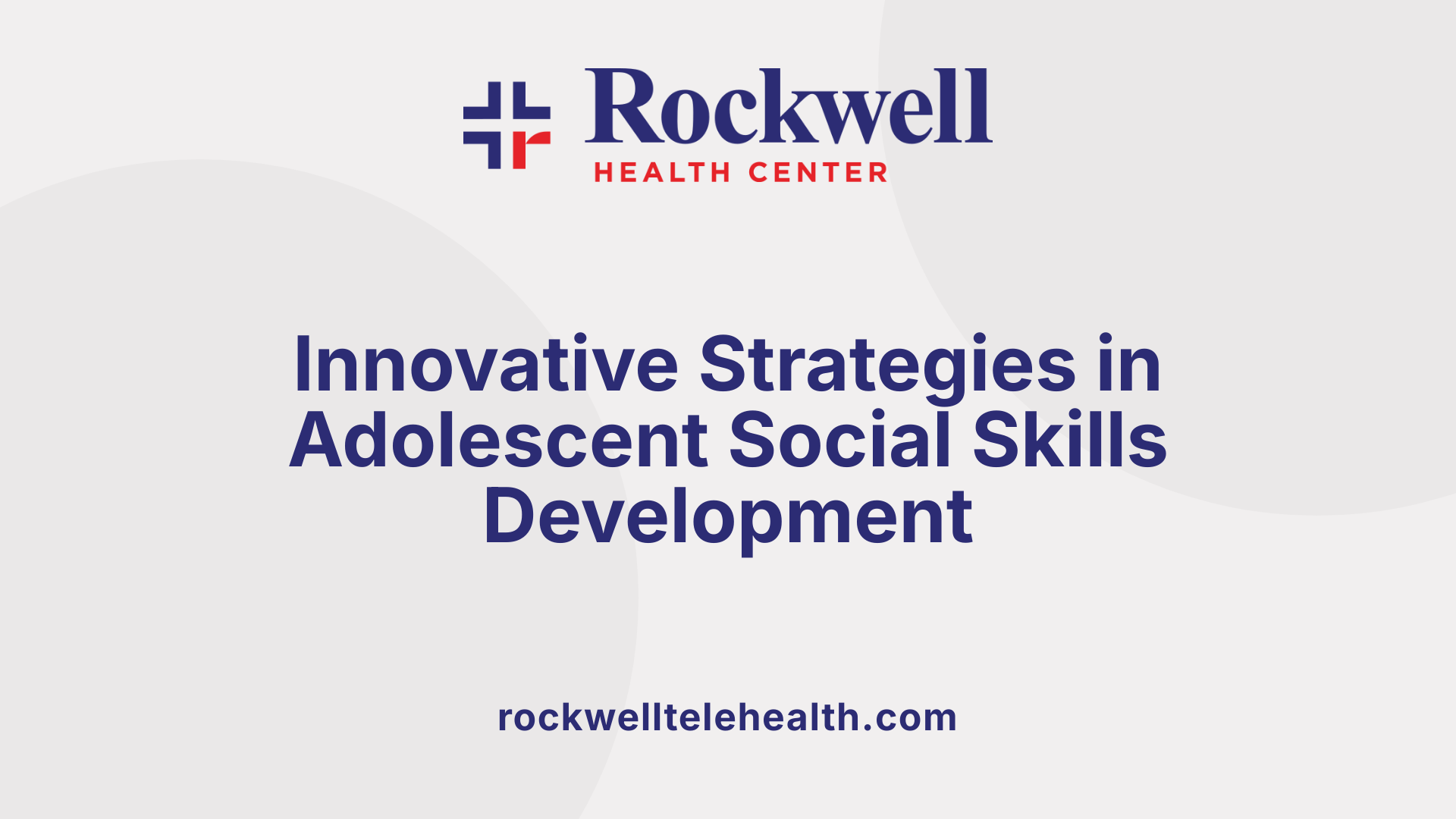
What approaches and methods do therapists use to help adolescents develop social skills and confidence?
Therapists employ a mix of scientific, interactive, and supportive strategies to help teens improve their social abilities. Evidence-based techniques like cognitive-behavioral therapy (CBT) focus on identifying negative thought patterns that hinder social engagement and replacing them with positive, realistic thoughts.
Social skills training often includes practical activities such as role-playing, where teens practice typical social interactions in a safe environment. Group settings and structured exercises help develop communication, assertiveness, and active listening skills.
Exposure therapy is also common, gradually helping teens confront social fears—such as speaking in front of others or making new friends—reducing anxiety over time.
Building on individual strengths is another focus, with resilience and talents celebrated to boost self-esteem. Many programs incorporate mindfulness, emotional regulation techniques, and self-care routines to support overall mental health.
Overall, these combined methods aim to foster confidence, reduce social anxiety, and equip teens with essential communication skills that positively influence their personal and professional lives.
How can emerging technologies like VR and online platforms augment social skills training?
Innovations such as virtual reality (VR) and online training modules are transforming social skills development for teens. VR offers a simulated environment that mimics real-world social settings, like a classroom or a party, where teens can practice interactions without fear of judgment.
Through VR, adolescents can learn to interpret non-verbal cues, manage conversations, and respond appropriately—building confidence step-by-step. These simulations are immersive and customizable, allowing for repeated practice and gradual exposure.
Online social skills platforms and apps provide additional practice opportunities. For example, tools like Social Quest and Social Story Creator present structured scenarios, social stories, and interactive modules. Immediate feedback helps teens understand their responses and make improvements.
These digital resources increase engagement, accessibility, and flexibility. They allow teens to practice social skills at their own pace and in a private setting, which is especially beneficial for those who experience social anxiety or prefer anonymity.
By combining technology with traditional therapy, practitioners can create engaging, effective, and tailored training experiences that boost both social competence and emotional resilience.
| Approach/Method | Description | Benefits |
|---|---|---|
| Cognitive-Behavioral Therapy (CBT) | Focuses on changing negative thought patterns affecting social behavior | Reduces anxiety, improves self-esteem |
| Social Skills Training | Uses role-playing, group activities, and social stories | Enhances communication, assertiveness |
| Exposure Therapy | Gradual exposure to feared social situations | Builds confidence, reduces fear |
| Use of Mindfulness & Emotional Regulation | Teaches self-awareness and stress management | Promotes emotional balance |
| Virtual Reality (VR) & Online Platforms | Creates simulated social scenarios | Safe, immersive practice, accessible |
| Family & Caregiver Involvement | Supports reinforcement of skills at home | Ensures consistency, encouragement |
| Setting | Focus Area | Special Features |
|---|---|---|
| In-Person | Group & individual therapy | Personalized attention |
| Virtual | Teletherapy sessions, online modules | Flexible scheduling, privacy |
| Specialized Programs | Summer intensives, social clubs | Targeted skill focus, parental involvement |
Understanding and utilizing these diverse approaches allow therapists to tailor interventions suited to each adolescent’s unique needs, fostering lasting improvements in social confidence and emotional well-being.
Evidence-based Programs Facilitating Social Skill Growth via Teletherapy

What are some specific programs, such as PEERS, that are accessible through teletherapy to teach social skills?
One prominent example is the PEERS (Program for the Education and Enrichment of Relational Skills) social skills program. Originally designed for in-person delivery, PEERS has successfully transitioned to virtual formats, allowing individuals with social challenges—including autistic youth, teens, and young adults—to benefit from its structured curriculum.
The program offers caregiver-assisted group sessions, which focus on practical skills like making friends, conversational skills, and romantic relationships. Virtual intensive camps—such as summer programs—are also available, emphasizing specific skills like dating etiquette and social responsiveness.
Research shows that telehealth adaptations of PEERS yield positive outcomes similar to traditional in-person models. Participants demonstrate significant improvements in social responsiveness, peer engagement, and confidence.
These programs typically include instruction, live role-play, homework assignments, and parental involvement, which reinforces learning at home. By utilizing teletherapy, PEERS broadens access and creates opportunities for diverse populations to acquire essential social abilities.
Other curricula and structured programs suitable for telehealth delivery
Beyond PEERS, various curricula and structured social skills programs are tailored for online platforms. Examples include social stories, role-playing via video conferencing, and online social groups designed to foster peer interaction.
Some evidence-based programs incorporate emerging technologies, such as virtual reality (VR), to simulate real-world social environments. For instance, VR-based social skills training creates immersive experiences where individuals practice responses to social cues safely.
Therapeutic approaches often blend cognitive-behavioral therapy (CBT), psychoeducation, and social skills training to address issues like social anxiety, low self-esteem, and developmental conditions.
Research outcomes demonstrating effectiveness of virtual social skills training
Multiple studies support the efficacy of remote social skills education. Research indicates that teens participating in virtual programs tend to progress faster, demonstrate higher engagement levels, and retain skills longer.
Participants have shown improvements in communication, eye contact, assertiveness, and conflict resolution, leading to better social integration and emotional resilience.
Furthermore, virtual adaptations provide a private and comfortable environment, reducing barriers such as stigma or peer rejection that might otherwise deter individuals from seeking help.
Parental involvement and ongoing homework activities
Effective virtual social skills programs often include a component of parental or caregiver involvement. Parents are engaged through training sessions, homework assignments, and joint activities that reinforce skills learned in therapy.
Homework activities may involve practicing conversational skills, social stories at home, or structured outings to apply new abilities in real-world settings.
This ongoing engagement helps sustain progress made during virtual sessions, promotes generalization of skills, and supports the development of independence and confidence.
| Program | Target Age Group | Delivery Mode | Core Focus | Additional Notes |
|---|---|---|---|---|
| PEERS | Adolescents and young adults | Teletherapy & camps | Social skills, dating, friendship | Includes parental involvement, research-backed |
| Virtual Reality | Youth and teens with social challenges | VR environments | Response to social cues, social engagement | Immersive, safe space for practice |
| Social Stories | Children and teens | Online modules, teletherapy | Understanding social situations | Visual aids, customizable scenarios |
| Group Teletherapy | Teen boys, girls, children with autism | Virtual groups | Confidence, social skills | Facilitated by licensed professionals, inclusive environments |
Through these diverse programs, individuals with social difficulties can access comprehensive, evidence-based training tailored for remote delivery. As technology advances, the possibilities for enriching virtual social skills education continue to grow, expanding opportunities for meaningful social development across age groups and conditions.
The Impact of Teletherapy on Teen Confidence and Social Skills Development
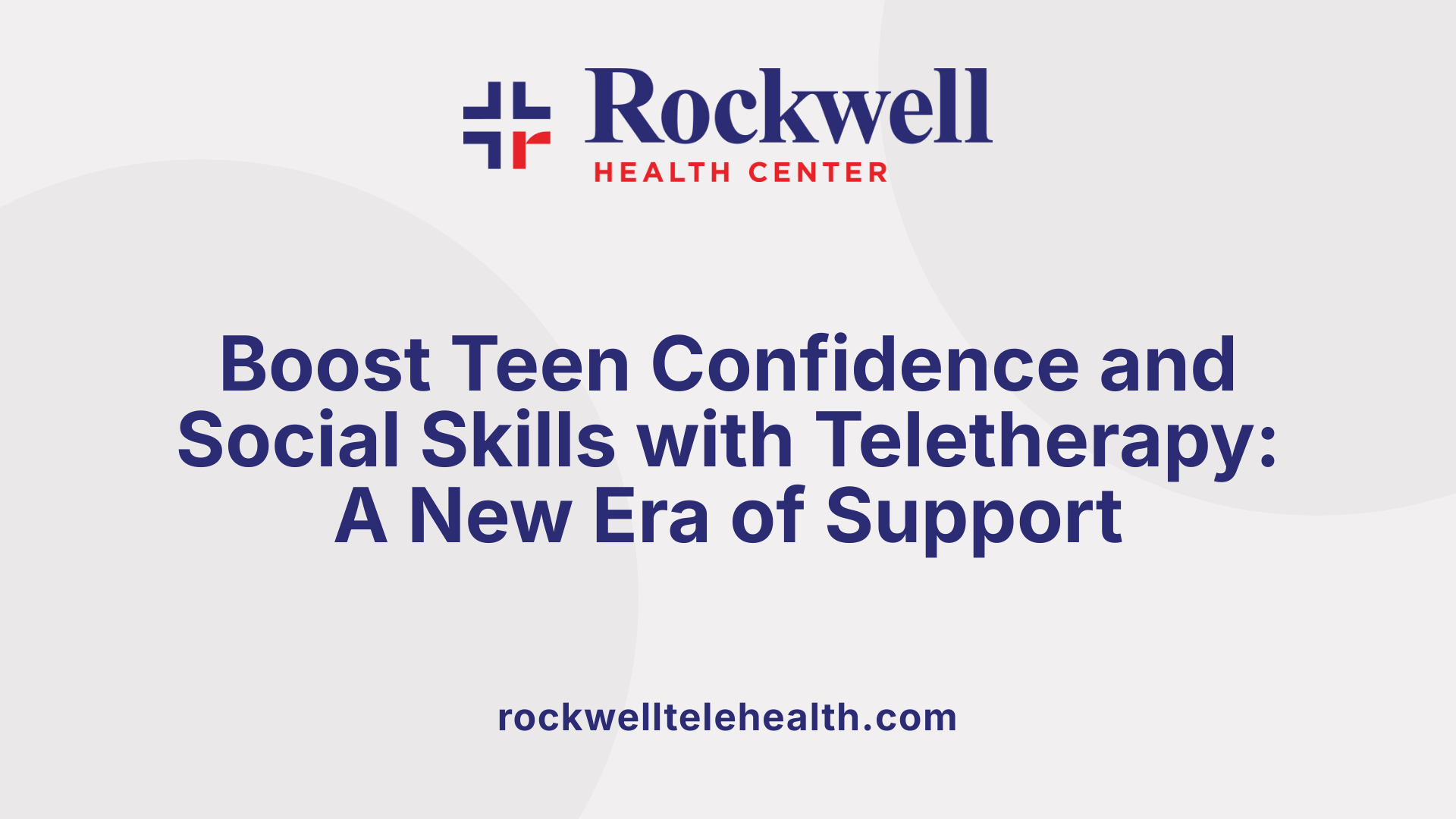
How can teletherapy services improve teen confidence and social interactions?
Teletherapy has become an increasingly popular platform for helping teens develop their social skills and boost self-confidence. It offers personalized, accessible support that fits into their busy schedules while providing a safe space to practice and learn.
One of the main advantages of virtual therapy is its flexibility. Teens can attend sessions from the comfort of their homes, reducing anxiety associated with in-person visits. This comfort often leads to increased openness, allowing teens to engage more fully in their therapy sessions.
Tech-enhanced approaches such as Cognitive Behavioral Therapy (CBT) and Dialectical Behavior Therapy (DBT), combined with social skills training, help teens understand and manage their emotions better. These therapies teach practical skills for handling social anxiety, communicating effectively, and navigating social situations.
Interactive digital tools—like visual aids, online role-playing scenarios, and even virtual reality environments—make learning engaging. These methods simulate real-world social interactions, giving teens more opportunities to practice in a safe, controlled setting.
Group interactions via teletherapy further enrich this experience by allowing peers to share challenges and successes. Such group sessions help teens observe different perspectives, practice social behaviors, and form new friendships, which are critical steps toward real-world social integration.
Family involvement is integral to the success of teletherapy. Regular communication and coordination with family members reinforce learned skills and support teens outside of therapy sessions. This ongoing support helps translate virtual practice into everyday confidence and competence.
Research supports teletherapy’s effectiveness in fostering social skills. Studies show that teens often progress quickly during virtual sessions, sometimes reaching their goals sooner than in traditional settings. The convenience and privacy offered by teletherapy reduce barriers to consistent participation, enabling sustained and meaningful growth.
In summary, teletherapy’s personalized, engaging, and flexible nature makes it a powerful tool for enhancing teen confidence and social skills. By combining evidence-based therapeutic techniques with innovative digital practices, teens are better equipped to succeed socially in real-world environments.
Supporting Teen Growth Through Digital Connection
The evolving landscape of teletherapy offers promising avenues for fostering confidence and social skills among teenagers. Virtual platforms provide a flexible, private, and engaging environment where adolescents can learn valuable skills, confront social challenges, and build emotional resilience. Evidence-based programs such as PEERS, combined with innovative technologies like VR and interactive apps, enable tailored, effective interventions. Parental involvement and ongoing support further consolidate gains, preparing teens for real-world social interactions. As mental health services continue to adapt to the digital age, teletherapy stands as an accessible, effective solution for empowering youth to thrive socially and emotionally.













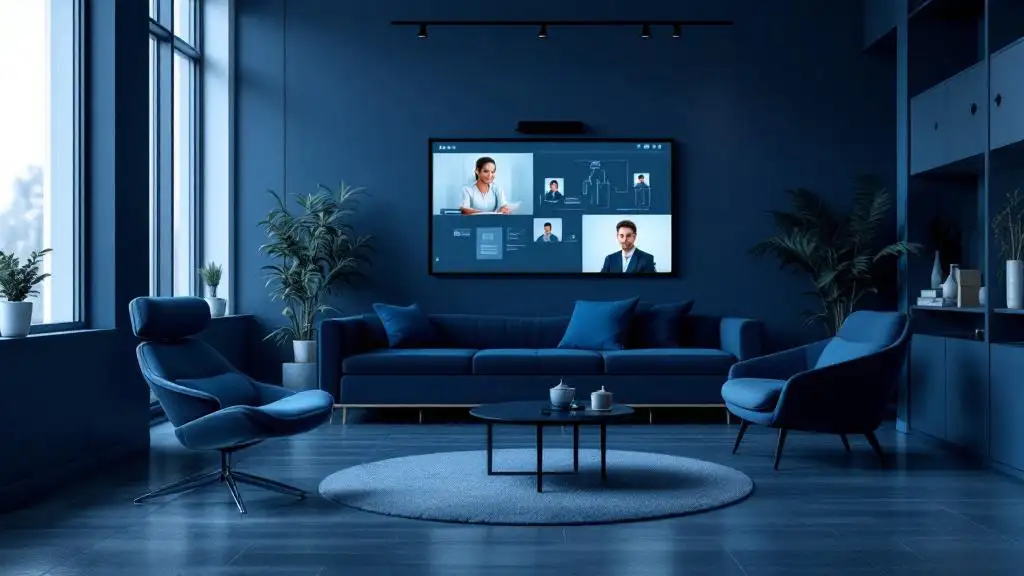






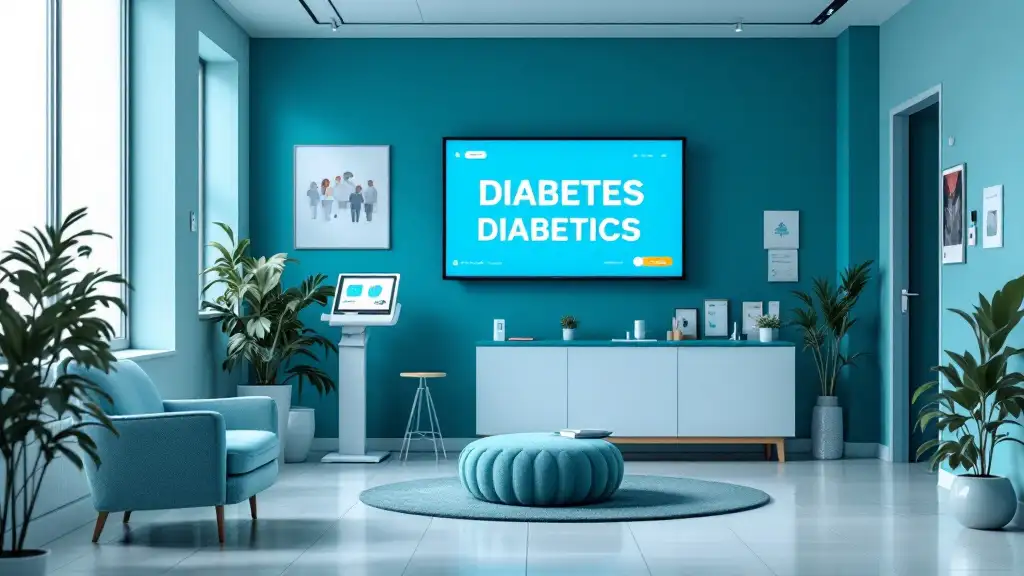






















































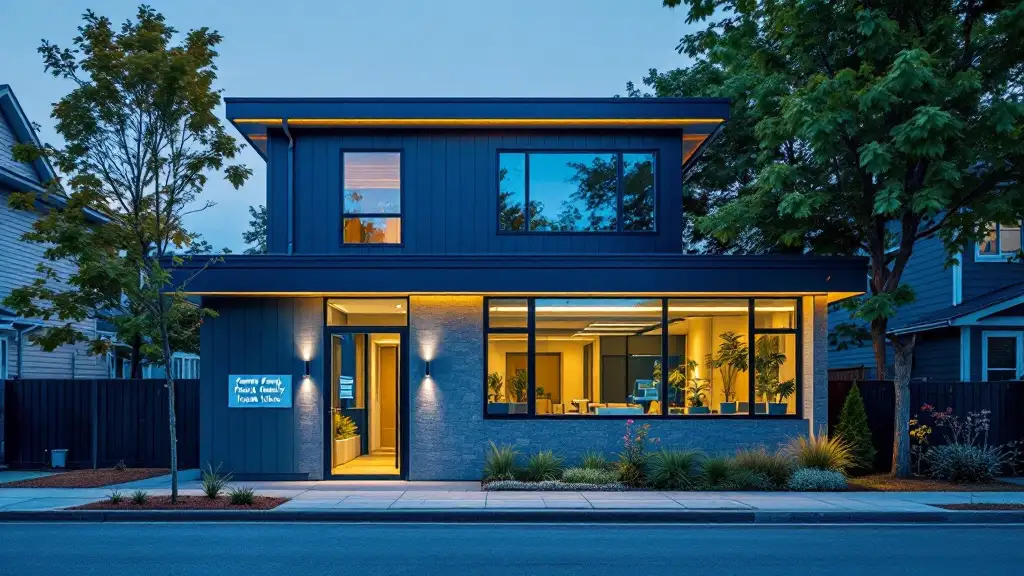












.png)